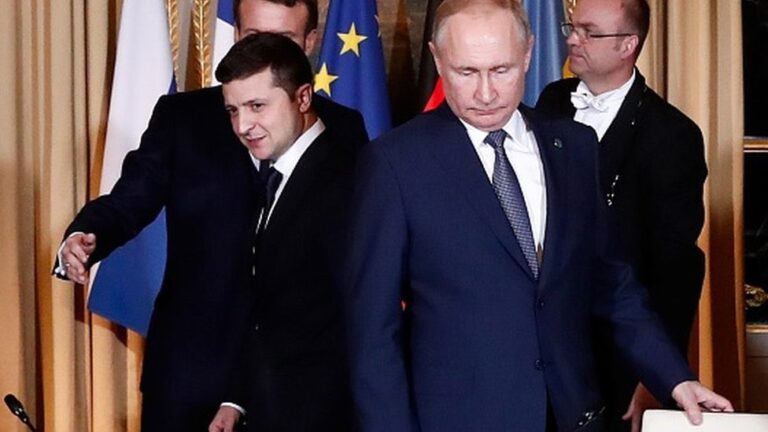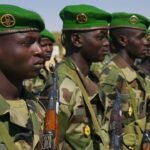Putin’s Statements Raise Doubts About His Independence in Decision-Making
Statements made by Vladimir Putin during a meeting with Navy servicemen cast doubt on the feasibility of negotiations with him due to legitimate concerns about his independence. Putin proposed discussing the introduction of temporary governance in Ukraine under the auspices of the UN and several countries to facilitate elections.
We have previously emphasized that the White House misjudges and misunderstands the motivations and perception of reality held by the Russian leadership. We believe that at present, Putin is under significant influence from his inner circle, particularly the so-called “hawks” who shape his worldview and assessment of reality.
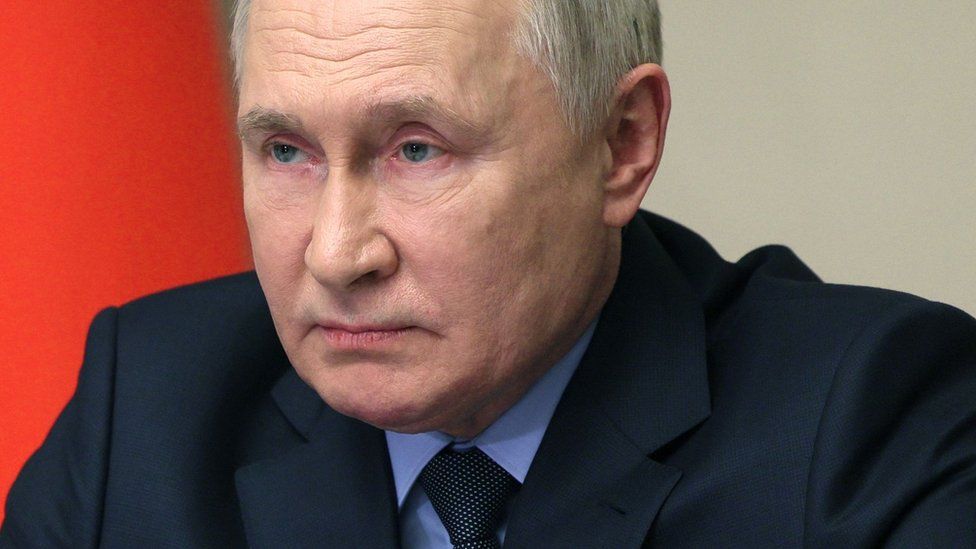
More on this story: Reasons and indicators for political shifts in Russia
We uncovered an archival video from a Russian television broadcast in the early 2000s in which Putin argues against the annexation of Crimea, warning that it would trigger border disputes across the post-Soviet space, where Russia has 400 contested territories. At the time, he dismissed Russia’s imperial ambitions. His reasoning then appeared logical and convincing.
Given this, we question whether age-related changes alone could have led to such a drastic shift in his stance. Along with notable physiological changes, this radical transformation in judgment and ideology may indicate that Putin has come under substantial external influence. Following the decline in his approval ratings, it is plausible that he has become dependent on the “hawks” faction, which embraces conspiracy theories and narratives of geopolitical plots.
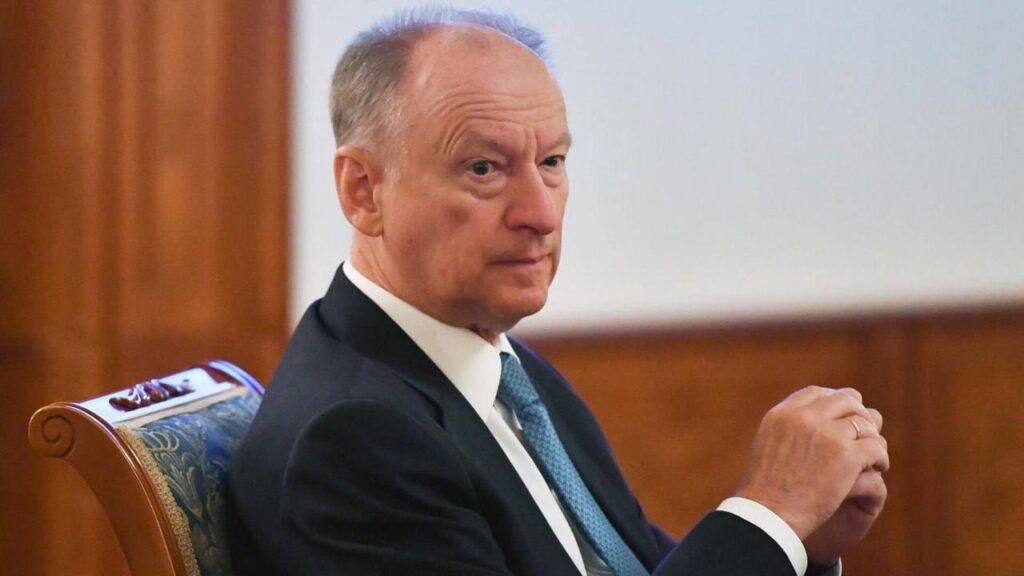
At present, we do not attribute Putin’s state of mind to the effects of medication, which was apparent during 2021-2022 due to severe health conditions. Instead, an age-related crisis, frustration, and increasing dependence on his inner circle may explain his current behavior. We also do not rule out that Putin’s recent statements may be a reaction to the Ukrainian President’s remark hinting at life expectancy.
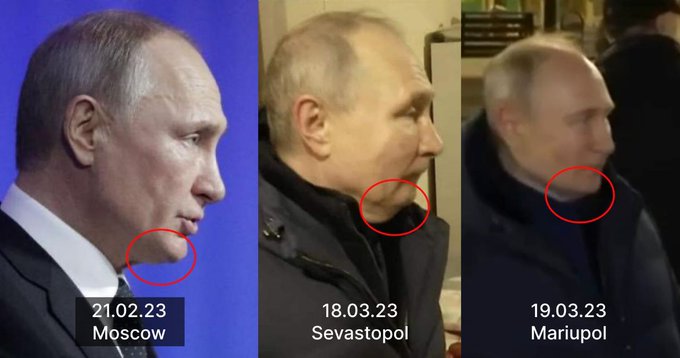
More on this story: Situation in Russia
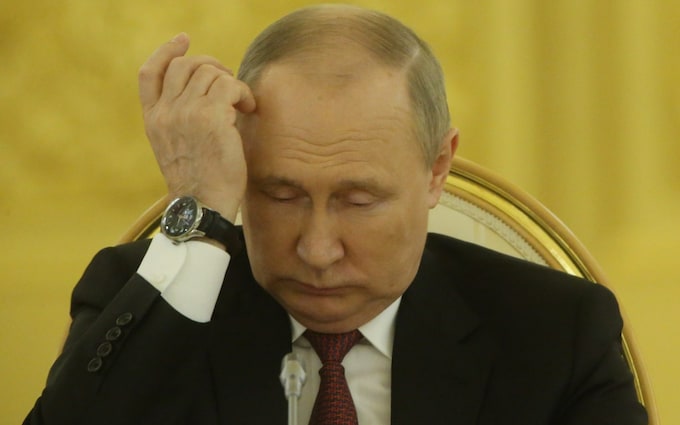
A key development to note is the reappearance of radical figures such as Vyacheslav Surkov in Russian media. Surkov played a leading role in the annexation of Crimea and the military operation in Donbas in 2014. His return suggests that hardliners are regaining influence over decision-making in Russia and within the Kremlin.
Analyzing Putin’s recent statements raises further doubts about whether he is expressing his own thoughts. Lately, he has displayed a fundamental misunderstanding of Ukraine’s governance structure. For example, his claim that a change in government through presidential elections would legitimize the negotiation process reflects an assumption based on Russia’s political system, where the president appoints the government. This, however, ignores Ukraine’s reality, where the government is appointed by the parliament.
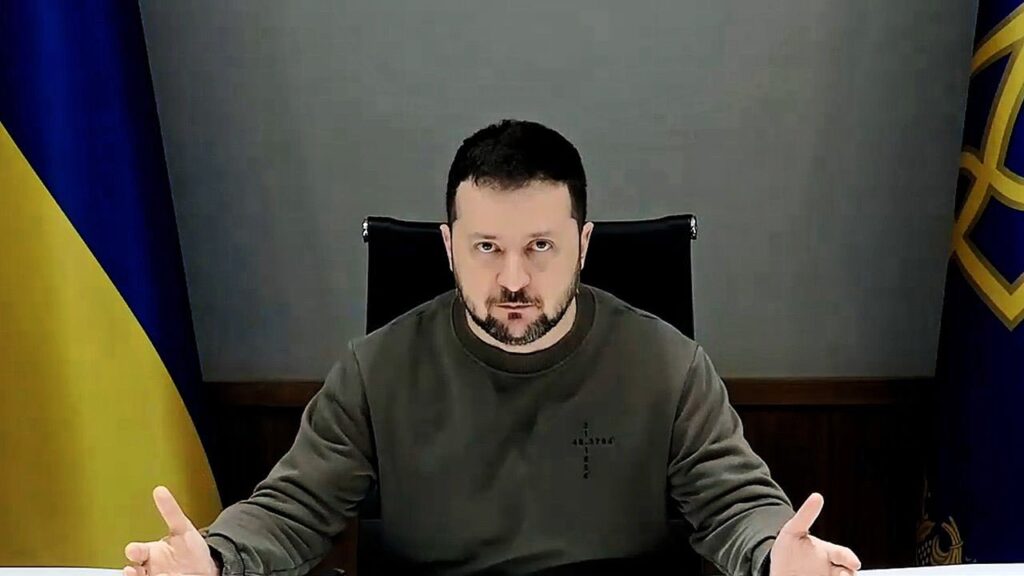
More on this story: Kremlin waging campaign to delegitimize Ukraine
The Kremlin fails to account for the fact that decisions perceived as illegitimate under Ukrainian law could be challenged and overturned.
Under these circumstances, we doubt that the Trump administration would be able to achieve meaningful progress in peace negotiations with Russia, where the key decision-maker appears to be under significant influence and, evidently, lacks a clear and rational assessment of the situation.
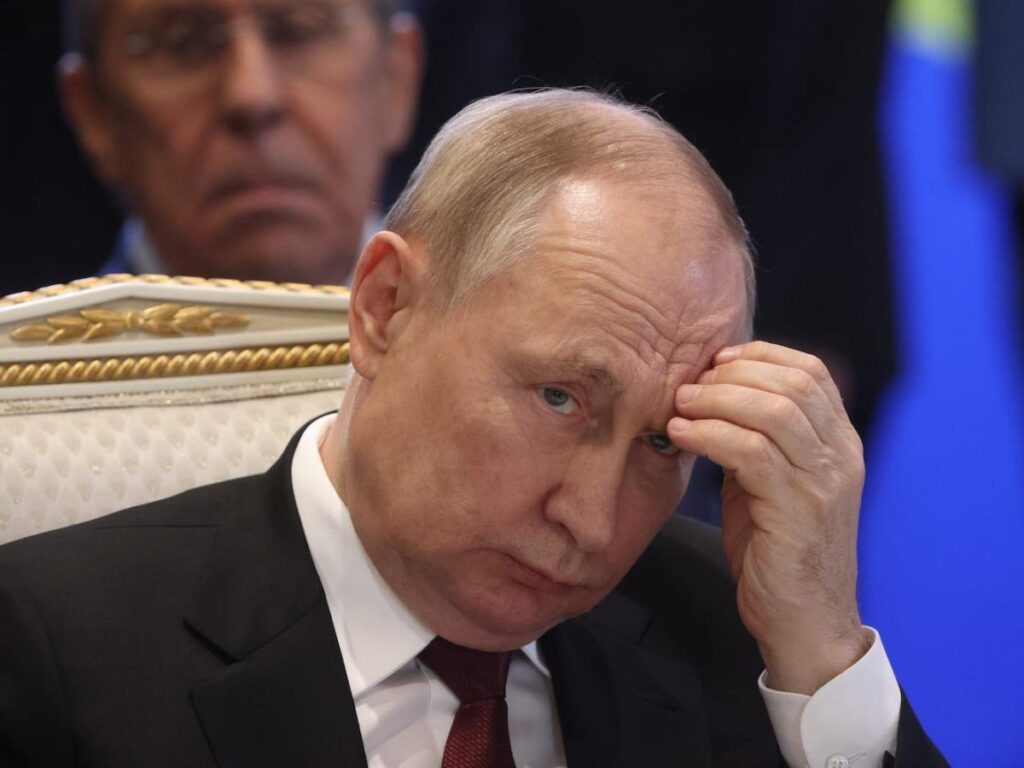
More on this story: How dynamically the influence of Putin’s close circle changes


